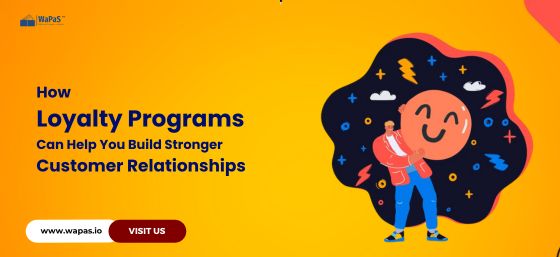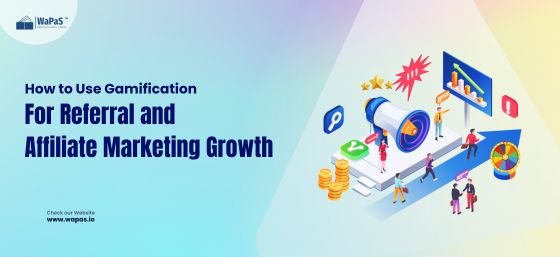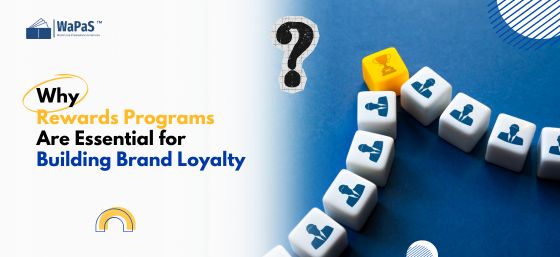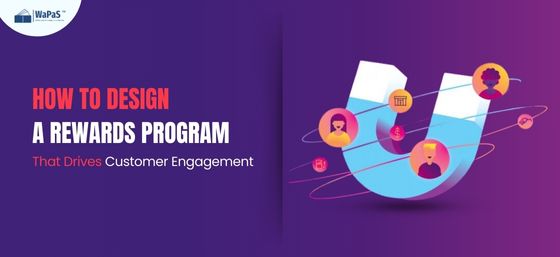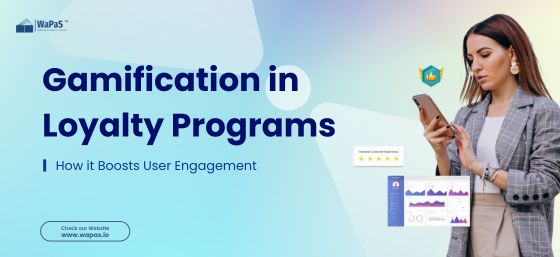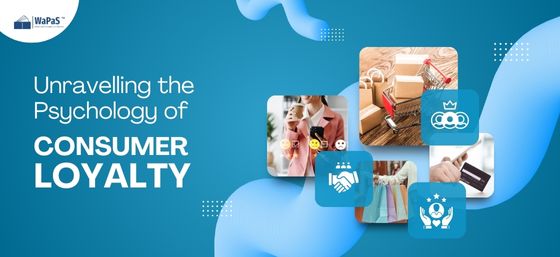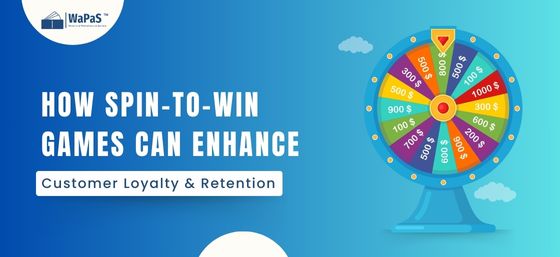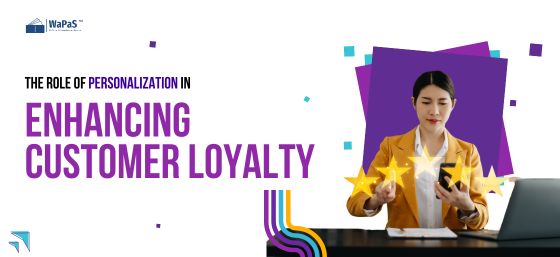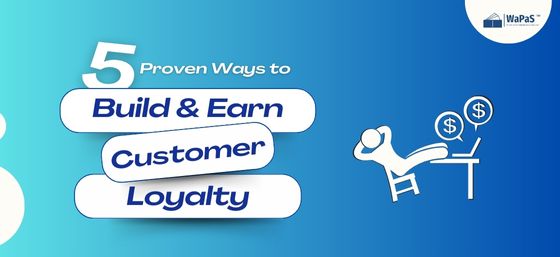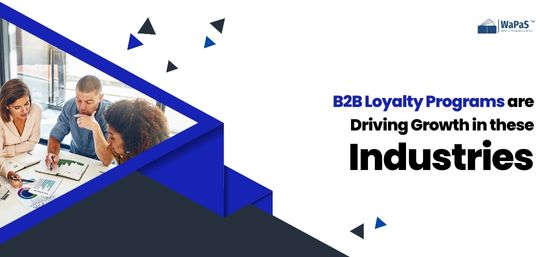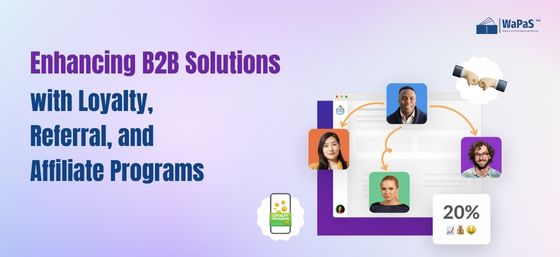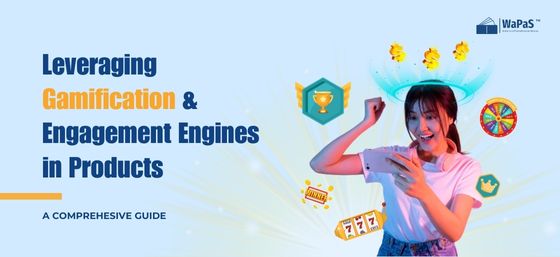The Impact of Personalization on Building Customer Loyalty
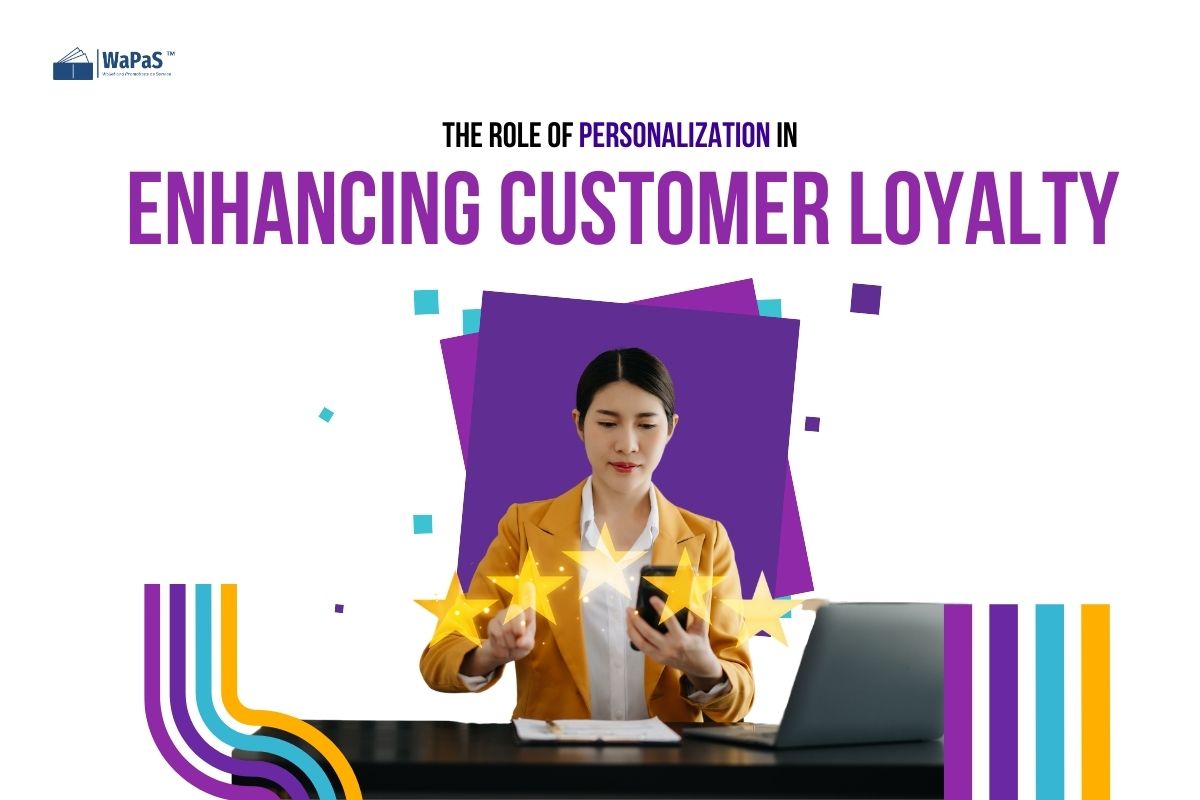
Customer retention is more important than ever in today's highly competitive business environment. Although gaining new clients is crucial, enhancing customer loyalty is what will turn the game. The realization that devoted consumers become brand ambassadors who spread the word to prospective customers and encourage repeat business drives this change. Personalization is a key tactic that helps to promote customer loyalty in this situation.
From straightforward methods like using clients' first names in emails to employing data-driven marketing tactics that include intricate algorithms and behavioural analytics, personalization has changed dramatically over time. Making the consumer feel involved, appreciated, and understood is the core of personalization, since this increases customer satisfaction with the product and fosters enduring loyalty. Businesses are now substantially investing in marketing automation techniques and technology to customize their offerings, services, and messaging to each customer's unique requirements and preferences. This article will examine how personalization enhances customer experience, how loyalty programs and rewards programs work together to foster customer loyalty, and how personalized recommendations may lead to increased customer experience.
Knowing Personalization and How It Affects Customer Loyalty
Personalization is customizing a good, service, or message to a customer's unique requirements, preferences, and behaviours. In contrast to the one-size-fits-all strategy, tailored marketing creates a special experience for each client by considering various characteristics, including prior purchases, browsing history, and demographic data. When implemented well, personalization positively impacts customer loyalty. Consumers are more inclined to stick with a company that understands their tastes and provides experiences that they find meaningful.
How Customisation Improves Engagement and Experience for Customers
One of the main advantages of personalization is enhancing the entire customer experience. With many alternatives available to customers today, a personalized approach may help a business stand out. Examples of companies that excel at utilizing personalized recommendations to keep people interested include Netflix and Amazon. These businesses use complex algorithms and behavioural analytics to assess user behaviour and recommend items or content that suit their interests and preferences.
This degree of customer engagement increases customer satisfaction and user experience (UX). A happy consumer is less likely to go to a competition and more likely to do repeat business. Consequently, companies that make personalization investments stand to gain a great deal from improved customer experience and increased prospects of customer retention.
By leveraging WaPaS, businesses can invest in a personalization strategy that maximizes customer engagement, delivering a consistent and seamless experience across all channels.
The Role of Reward and Loyalty Programs
Reward programs and loyalty programs are tried-and-true methods of increasing customer loyalty. By rewarding devoted consumers with points, discounts, or special offers, these programs aim to encourage them to make more purchases. However, these programs' efficacy can increase significantly when paired with personalization. For example, giving every consumer a 10% discount would not be as successful as giving each customer a customized prize based on their past purchasing activity.
Data shows higher customer participation in loyalty programs with personalized recommendations and prizes. Companies may use data-driven marketing strategies to examine consumer information and provide customized rewards that are more pertinent to certain consumers. This strengthens the customer's loyalty to the company by encouraging repeat business and making them feel appreciated.
For instance, WaPaS can help businesses offer personalized incentives that resonate with specific customer segments, such as offering exclusive discounts for high-value customers or promoting rewards for frequent buyers. This makes the customer feel appreciated and valued, driving long-term loyalty.
Behavioural Analytics and Data-Driven Marketing
Data-driven marketing is essential to implementing Personalization plans. Businesses may learn much about consumer behaviour, tastes, and purchasing habits by analyzing vast amounts of data. Using this information, focused marketing strategies that connect more strongly with the audience may be developed.
Behavioural analytics is yet another essential element that makes data-driven marketing possible. It involves investigating consumer behaviour on a brand's website, mobile application, and other digital touchpoints. For instance, a targeted email campaign providing a discount on a certain product might be useful to turn curiosity into a sale if a consumer repeatedly views a product page but does not complete the transaction. This degree of personalization has the potential to greatly increase consumer loyalty and customer engagement.
User Experience (UX): Its Significance in Personalization
Customer loyalty is largely determined by the User Experience (UX). A smooth and simple user experience may greatly impact customers' perceptions of a brand. Personalization, which offers clients recommendations, discounts, and material tailored to their needs and interests, may significantly improve user experience (UX).
For instance, consider an e-commerce platform that can recall a customer's preferred brands, sizes, and previous purchases. When the customer logs in, the website instantly shows the customer's preferred goods. This gives the consumer a more individualised purchasing experience and saves time. A methodical strategy like this may increase consumer satisfaction and promote repeat business, improving customer retention.
Implementing Personalization: Challenges and Considerations
Although personalization has many advantages, it also has drawbacks. One of the biggest obstacles is data privacy. Customers' fears about data breaches and the improper use of personal information make them more circumspect about providing their data. To secure consumer data, brands must ensure that they have strong security mechanisms in place and are open and honest about how they acquire data. Another difficulty is the potential for over-personalization. While customers value a personalized experience, going overboard can occasionally be overbearing. Companies must struggle between being helpful and intrusive to create a great customer experience. It is imperative to comprehend the delicate line that separates these two extremes.
Prospects for Customisation and Customer Loyalty in the Future
Developments in machine learning (ML) and artificial intelligence (AI) are expected to influence the future of personalization. Thanks to these technologies, companies can forecast client requirements and behaviours more accurately, enabling ever-more-advanced degrees of personalization. Additionally, as marketing automation technologies advance, companies will find it simpler to deploy customized marketing programs on a large scale. Transparency and ethical data practices are also expected to receive increasing attention as customers realize the importance of their data. Building long-term customer loyalty will be far easier for brands that can manage these complications and provide a highly personalized experience.
Conclusion
Personalization is now more than just a catchphrase; it is an essential part of contemporary marketing tactics meant to increase customer loyalty. By utilizing behavioural analytics, marketing automation, and data-driven marketing, companies may give their clients more relevant and interesting experiences. Combining personalization with successful loyalty programs and rewards programs may greatly increase customer retention and happiness. Still, companies must proceed cautiously when it comes to personalization. Establishing trust and cultivating enduring loyalty requires balancing the advantages of personalized recommendations and the need for data protection and ethical issues. Personalization potential will only increase as technology develops, presenting fascinating new chances for companies to engage with their clients more deeply.
Ready to enhance your customer loyalty with personalized marketing solutions? Contact us today at WaPaS for a free consultation and see how our solutions can help your business thrive!
Frequently Asked Questions
Why is personalization important for customer loyalty?
Personalization helps businesses create relevant and meaningful experiences for customers. When customers feel valued and understood, they are more likely to stay loyal, make repeat purchases, and recommend the brand to others.
How does personalization improve customer experience?
Personalization enhances the customer journey by offering tailored recommendations, customized promotions, and seamless interactions. It reduces friction, saves time, and makes customers feel more connected to a brand.
What are some examples of personalization in marketing?
- Personalized product recommendations (e.g., Amazon, Netflix)
- Targeted emails using customer names and past purchase behavior
- Customized loyalty rewards based on buying habits
- Dynamic website content that adapts to user preferences
How do personalized loyalty programs work?
Personalized loyalty programs analyze customer data to offer tailored rewards and incentives. Instead of generic discounts, businesses provide exclusive deals, personalized offers, and rewards that align with individual customer preferences.
How does WaPaS enhance personalized marketing and loyalty programs?
WaPaS provides businesses with powerful tools to automate personalized promotions, loyalty rewards, and targeted marketing campaigns. By leveraging customer data, WaPaS ensures that businesses can offer relevant and engaging incentives that drive long-term loyalty.



